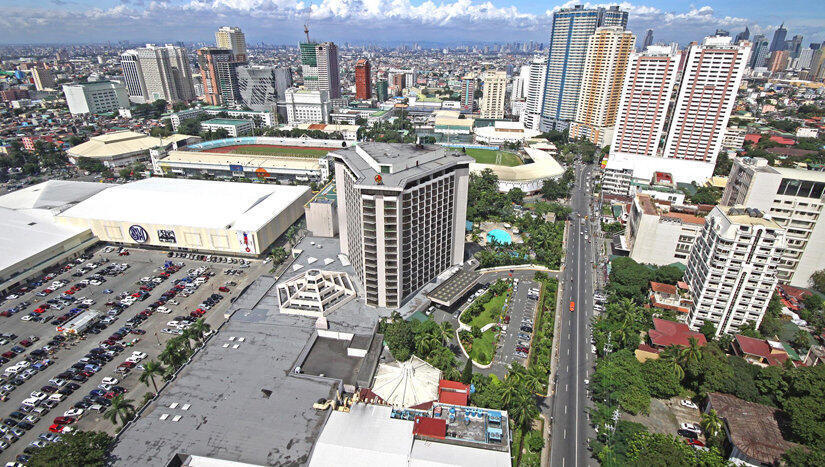PH real estate faces bright future in 2017
For many, 2016 was a year of change. A year of turbulence no doubt, but for others, it was a year of prosperity. What do the events of last year mean for the real estate market of the future? What predictions can be made for 2017? How is technology shaping the face of Asian online real estate in particular?
Looking forward to the year ahead in a hopeful way, one can learn from both the successes and the alarm bells of 2016.
A new US Presidency may bring uncertainty for global real estate investments in some markets. But other events from the last two years will be encouraging, especially where Asia is concerned.
Below are some likely highs and lows of the year ahead for emerging real estate markets in Asia.
ASEAN cooperation
The formation of the ASEAN Economic Community (AEC) in 2015 had a positive impact on foreign investment in ASEAN in 2016.
The good news is that the AEC will continue boost real estate investment between Asian countries both in 2017 and beyond. The formation of the AEC has removed certain trade barriers between countries in the Association of Southeast Asian Nations (ASEAN).
According to aseanbriefing.com, real estate investment in the AEC “is poised to continue growing at impressive rates in the coming years as restrictions on foreign investors are eased and the region’s emergent middle class exercises increased spending power. This effect will apply to emerging markets (e.g. Indonesia, the Philippines, and Myanmar), as well as more established markets.
FDI increasing in the AEC
Trading Economics estimates that FDI in the Philippines will reach PHP 150 000 million by the end of this quarter. The same time last year, figures were below PHP 100 000 million.
In the long-term, FDI “is projected to trend around PHP 197000 million PHP in 2020”. The difference between 2015’s FDI results and 2016’s is less prominent in Indonesia and Myanmar.
But 2017 could make all the difference with new businesses flooding into emerging countries now that the AEC is more mature. In addition, 2017 will witness ramped up urbanization in ASEAN countries, further growing the profitability of real estate projects in the region.
Relaxed laws on foreign ownership of property
2016 also saw some promising results with some Asian governments taking steps to relax laws governing foreign investment in real estate. Indonesia is the prime example. Those who wish to own property there now can (as long as they meet certain wealth requirements).
Internet penetration
According to survey results from 2015, 50% of house-hunters in Pakistan now use real estate websites and apps to search for property. This is likely to be a direct result of increased internet penetration in Pakistan.
Similar trends can be observed in Bangladesh, and elsewhere in Asia. In the Philippines, internet penetration grew by 26% between 2014 and 2015 and it now stands above 45%. This increase in internet usage has led to property hunters becoming more and more reliant on the internet for their house hunt. As a result of this, real estate professionals are now spending more on digital than ever before.
According to a Lamudi.ph market report, 88% of real estate agents have noticed the internet being used very frequently during the house-hunting process in the Philippines.
How will this trend pan out for real estate in 2017? Well, it is likely that users’ dependency on technology will increase and that property portals and apps will become practically indispensable both for property seekers and agents.
Online advertising on the rise
Data collected in 2015 showed that 92% of homebuyers used the internet as an information source, 65% of Internet homebuyers drove by or viewed a home they saw online, and 44% of buyers first found their home on the Internet. ( 2015 NAR Profile of Homebuyers and Sellers). Many of these homebuyers will have used social media to lead them on their search and their ultimate property discovery.
This effect is only going to get stronger in 2017. This trend will lead to increased social media usage for real estate, both among buyers and sellers. Developers and agents are finding out that increasing their brand’s visibility and boosting quality traffic through social media is boosting their sales.
Virtual reality
Virtual Reality (VR) s already transforming the face of real estate, just as it has in so many other sectors since VR goggles were first released.Today’s home buyers want more than photos, and with VR technology, buyers can now experience their prospective home in a 360° environment from home or while on the move. Thanks to this revolutionary new technology, real estate markets are now opening up to international buyers.
(Source: Manila Standard, January 20, 2017)

